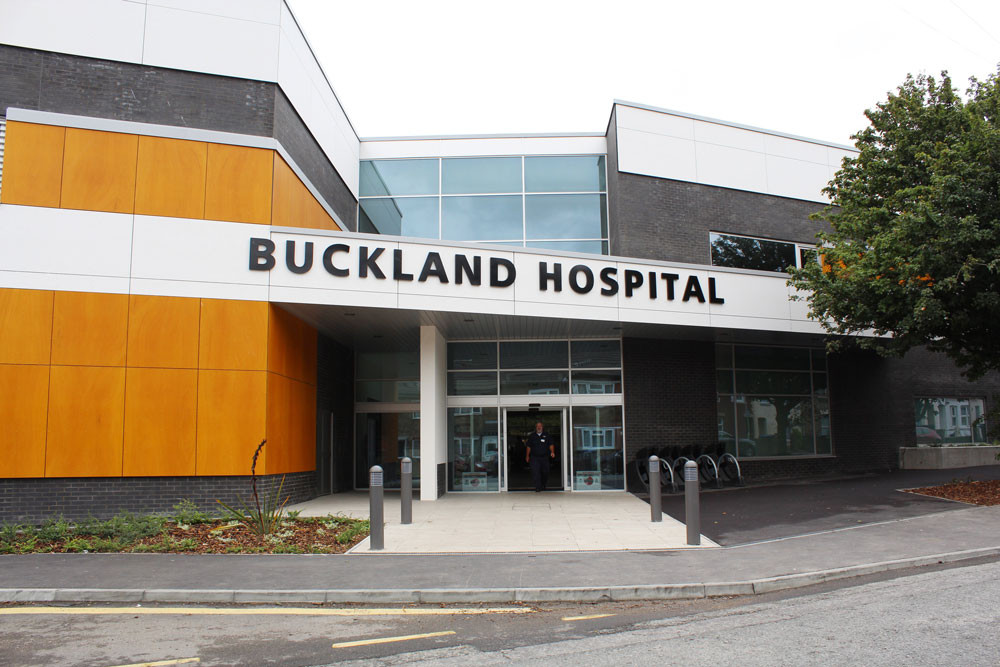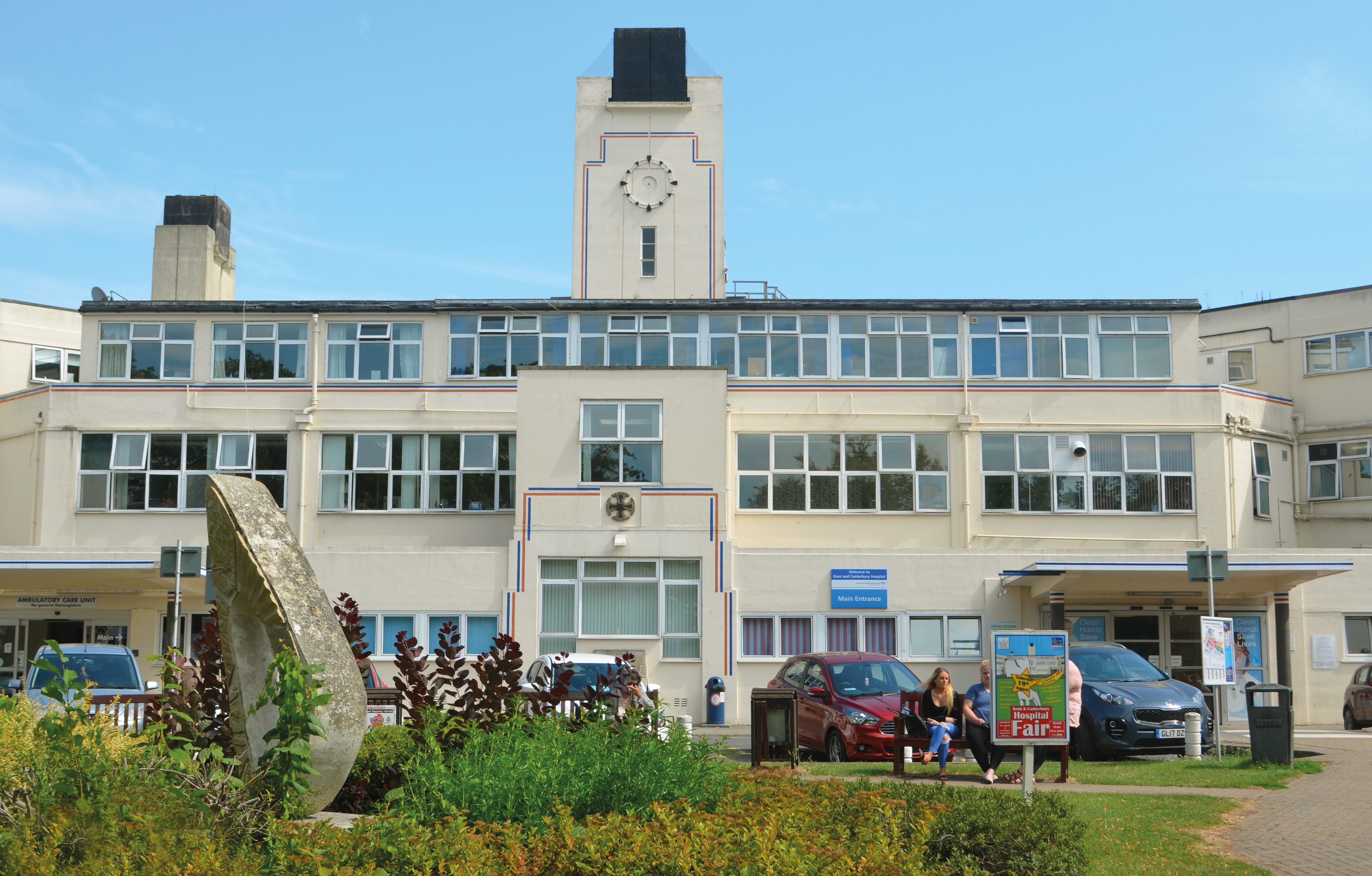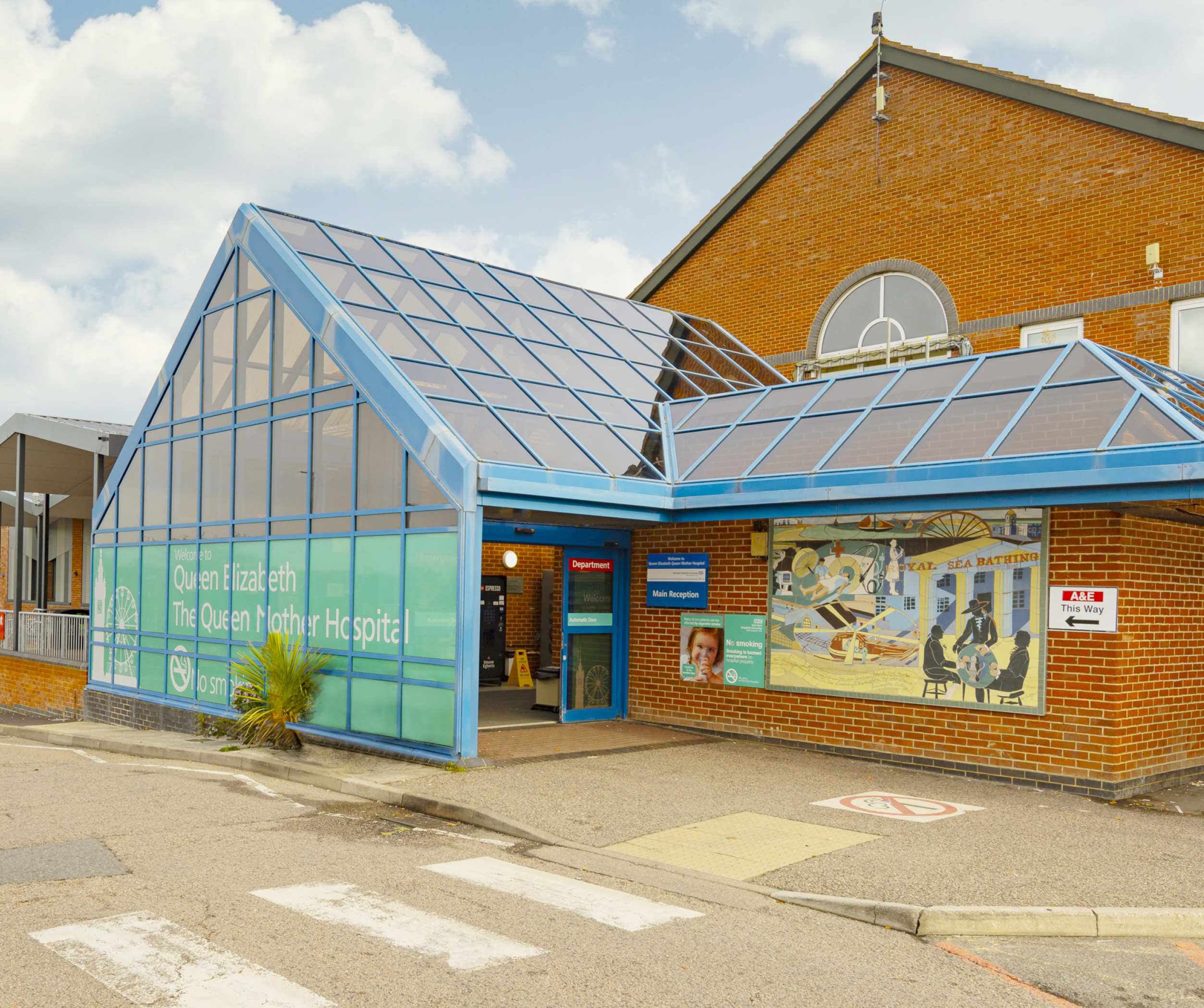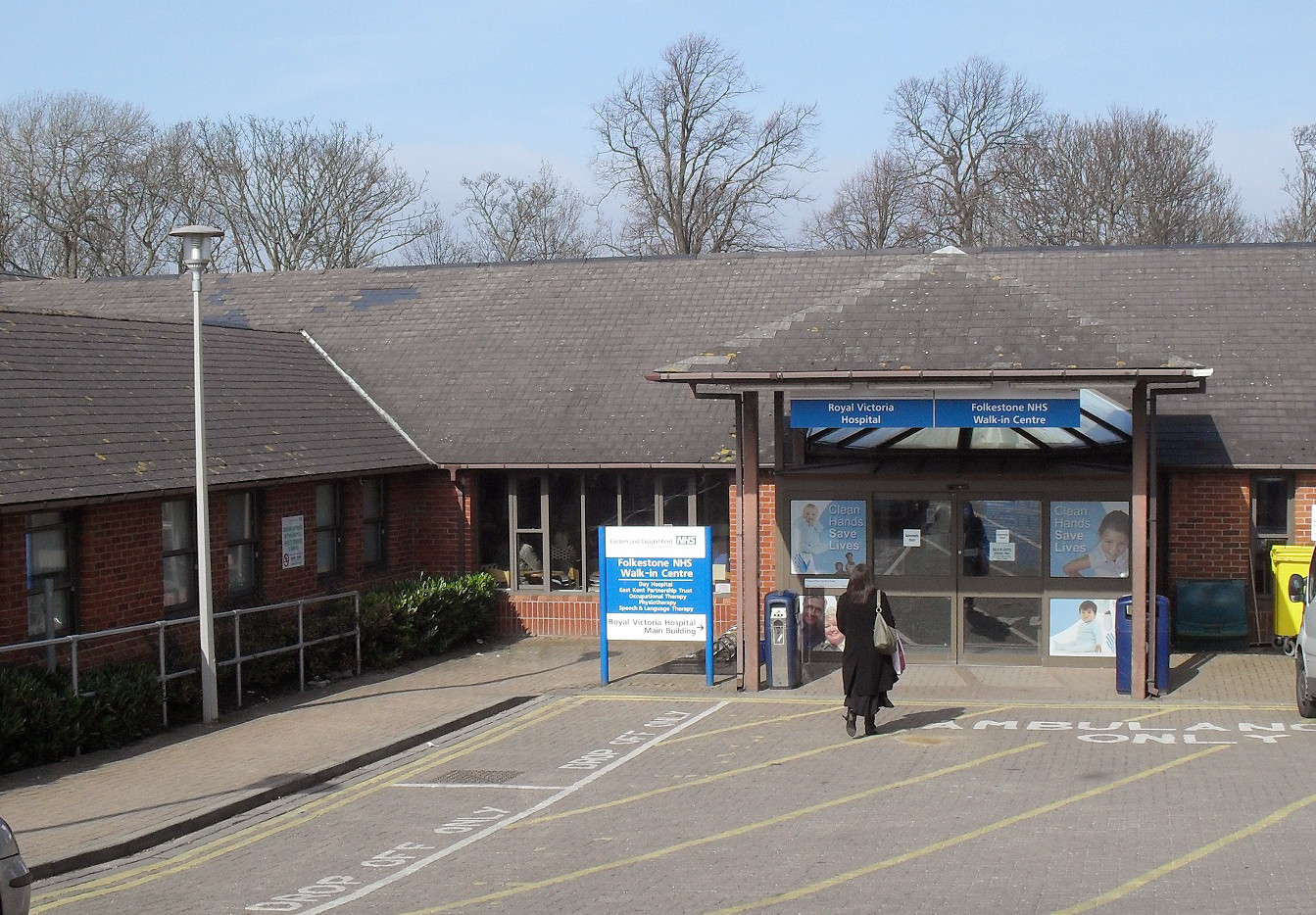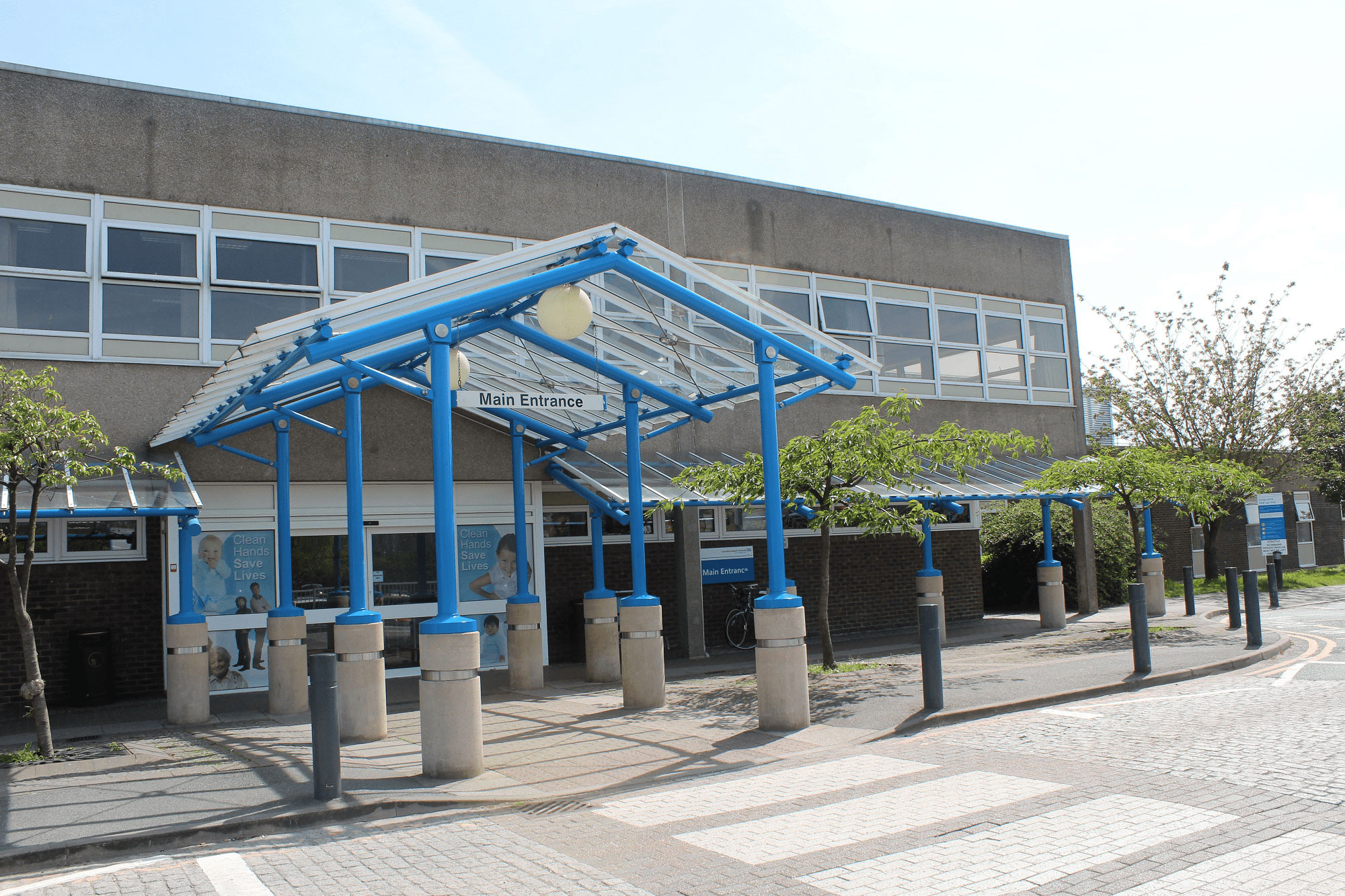Information for visitors
Visitor advice
Please follow all our infection control measures if you need to come to hospital.
You should not come to the hospital if you are feeling unwell. Please do not visit a patient if you have cold or flu symptoms or norovirus. Please do not visit if you or a member of your household have had a positive Covid-19 test or have symptoms of Covid-19.
Wash or gel your hands as soon as you enter the building, a ward or unit. Please wear a mask if you are able, to reduce the risk of transmitting infections to vulnerable patients. Masks are available at the entrances to our hospitals.
Visitors should only visit one patient, and not visit or assist other patients in a bay / ward.
The majority of patients in our hospitals are able to receive up to two visitors at the same time.
Visiting times
Visitors can visit loved ones between 7am and 8pm in the majority of wards. This can be any two people and can change throughout the visiting time. Only two visitors can be at a patient’s bedside at any one time.
Some areas of the Trust have different visiting arrangements to reflect the nature of the care they offer. These include:
the critical care unit (also known as intensive therapy unit or ITU)
the children’s wards
neonatal ward
maternity services.
Visiting a child
One parent or guardian can stay at the child’s bedside overnight. During daylight hours, one extra person can visit. This may include a sibling or the other parent or guardian.
Birthing partners
Please visit our maternity pages if you are a birthing partner.
Visiting or accompanying a patient in Urgent or Emergency Care
In the Emergency Department (A&E) and urgent treatment centres, only one person can stay with a patient. This is because there is less space than in a ward. If your loved one needs extra support due to a disability or communication need, such as an interpreter, please ask to speak to the nurse in charge.
Outpatient appointments
In Outpatient clinics, patients may have a relative or friend with them. For x-rays and some other diagnostic tests, a relative or friend can wait with the patient, but cannot stay with them during the x-ray or scan.
If the patient needs extra support due to a disability or communication need, please ask a member of staff whether you can stay with them.
Site improvement works
Site improvement work is going on at William Harvey Hospital and QEQM Hospital. We are sorry for any disruption. Please allow extra time for your visit. For more information about the improvements, see improving our hospitals.
Equality, Diversity and Inclusion and reasonable adjustments
Our Equality, Diversity and Inclusion policy for patients, carers and families gives examples of reasonable adjustments we can make to support you. This includes giving you information in other formats, such as large print and Easy Read, a quiet space to wait, a hearing loop, or an interpreter.
Please let a member of staff, such as your doctor or nurse, know if you need extra support. We have a duty under the Equality Act 2010 to make reasonable adjustments. The Accessible Information Standard (AIS) means we must meet your communication needs that are due to a disability. Find out more on our Hospital Accessibility page.
Compassionate visiting
People visiting a patient who needs extra support (e.g. Learning Disabilities, Autism, Dementia and Mental Health) can visit outside of normal visiting hours. There is no limit on the length of visit. Please let the ward know wherever possible.
Visiting a patient who is receiving end-of-life care: close family members can visit. Visiting is flexible and arrangements can be made with the nurse in charge of the ward, including to stay overnight and to have a recliner chair and other comforts such as hot drinks and snacks.
In very exceptional circumstances the ward or department may need to change flexible visiting for reasons of safety. If you have concerns about how this may affect your loved one, please let us know. We will do our best to support you.
Remember: it’s OK to ask! We will do our best to keep each patient’s next-of-kin or main carer well informed about their loved one’s care (with the patient’s permission).
Visitors’ Charter
We value the important role loved ones, friends and carers play in supporting patients in their recovery. We want all visitors to feel welcome, and free to ask questions. Our visitors’ charter outlines what you can expect from us during your visit and what we would like in return.
You can read our Visitors’ Charter in full
Visiting in hospital and attending appointments with a patient
The Care Quality Commission has published guidance on fundamental standards for those visiting and accompanying in care homes, hospitals, and hospices, and what people using health and social care services and their families, friends or advocates can expect. This aims to make sure:
people staying in a care home, hospital or hospice can receive visits from people they want to see
people living in a care home are not discouraged from taking visits outside the home
people attending appointments in a hospital or hospice, that do not require an overnight stay, can be accompanied by a family member, friend or advocate if they want someone with them.
The guidance explains what we must do to make sure we respect the right of each person to receive visits and to be accompanied, following an assessment of their needs and preferences.
You can find full details of Regulation 9A on the Care Quality Commission Website
You can also Download the CQC Regulation 9A Easy Read Leaflet
How to give feedback
If you have any feedback about the care of a family member and would prefer to share this feedback without talking to a member of staff, please look at our range of ways to give feedback.
Message to a loved one
Would you like to send a message or a birthday wish to a loved one in hospital?
The Patient Advice and Liaison Service (PALS) would love to help you send a special message, happy birthday or anniversary wishes to your loved one to cheer them up and let them know you are thinking of them!
We have set up a dedicated email address (ekhuft.lettertoalovedone@nhs.net) for families to send a message and one or two photographs.
We will laminate your message and deliver it to them on their ward. We can also include a small fabric heart, which your loved one can keep with them during their stay.
Please provide the following information to PALS, so we can make sure the right message gets to the right patient:
Your loved one’s name and date of birth
Which hospital and ward they are staying on
Your message, with a photograph included as an email attachment if you wish
If this is for a birthday or an anniversary
Whether you would like us to include a small fabric heart as a gift.
Please send your messages to our Patient Advice and Liaison Service (PALS) by email at ekhuft.lettertoalovedone@nhs.net or call PALS and give them the information you want included on 01227 783145.
The service is available Monday to Friday 9am – 4pm and PALS will aim to get your special message to the patient the same day.
Please note that PALS is closed on bank holidays.
